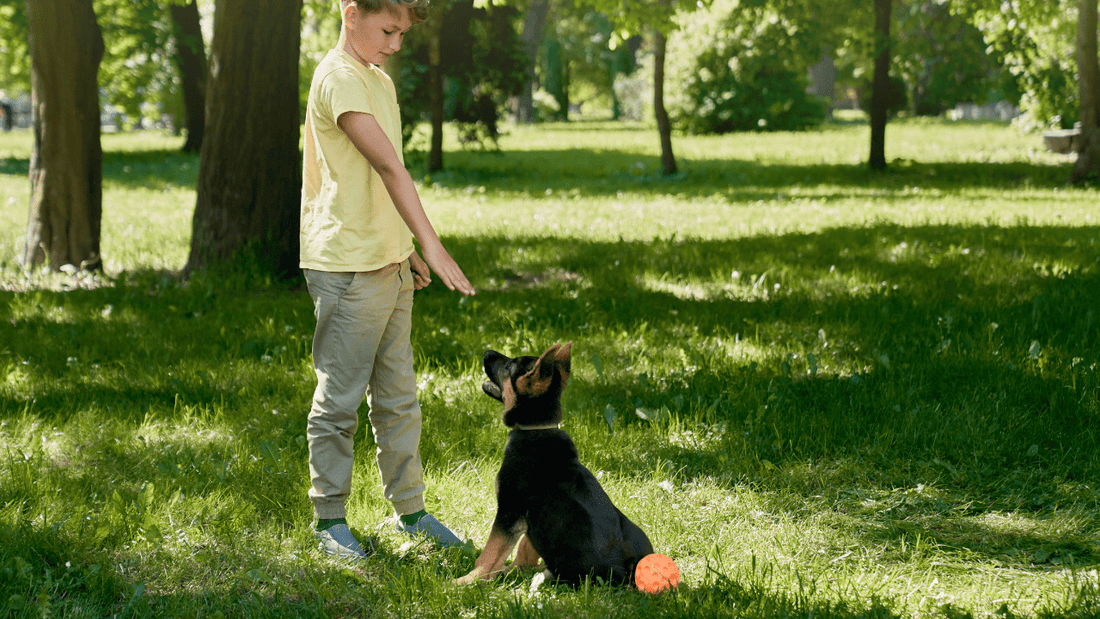Potty training a puppy can seem like a daunting task, but with the right approach, it can be a smooth and relatively quick process. Potty training is an essential part of raising a puppy and helps to establish good habits for your furry friend. Here are some tips to help you potty train your puppy successfully:
-
Start early It's best to start potty training your puppy as early as possible, ideally around 8 weeks old. At this age, puppies are starting to develop their bladder control, and it's easier to establish good habits. Waiting too long to start potty training can make the process more challenging.
-
Establish a routine Puppies thrive on routine, so it's important to establish a consistent schedule for potty breaks. Take your puppy outside first thing in the morning, after meals, after naps, and before bedtime. Praise your puppy when they go potty outside to reinforce good behavior.
-
Use a designated potty area Designate a specific area in your yard or outside your home for your puppy to go potty. This helps your puppy associate that area with potty time, and it also makes cleaning up easier. Be sure to clean up after your puppy immediately to prevent the area from becoming smelly and unhygienic.
-
Monitor your puppy's behavior Watch for signs that your puppy needs to go potty, such as sniffing around or circling. If you see these behaviors, take your puppy outside right away. You can also establish a command such as "go potty" to help your puppy associate the behavior with the command.
-
Be patient and consistent Potty training can take time, and there will likely be accidents along the way. It's important to be patient and consistent with your training, praising your puppy for good behavior and redirecting them when they make a mistake. Avoid punishing your puppy for accidents, as this can cause fear and anxiety.
-
Consider crate training Crate training can be an effective way to help potty train your puppy. Dogs are naturally den animals and feel secure in a small, enclosed space. When properly crate trained, your puppy will learn to hold their bladder and bowels until they're taken outside. However, it's essential to ensure that the crate is the right size for your puppy and that they have plenty of time outside the crate to play and exercise.
In conclusion, potty training a puppy requires patience, consistency, and a positive attitude. With a little effort and dedication, you can establish good habits that will make life with your furry friend more enjoyable for everyone. Remember to reward good behavior, monitor your puppy's behavior, and establish a consistent routine for potty breaks. Good luck!

